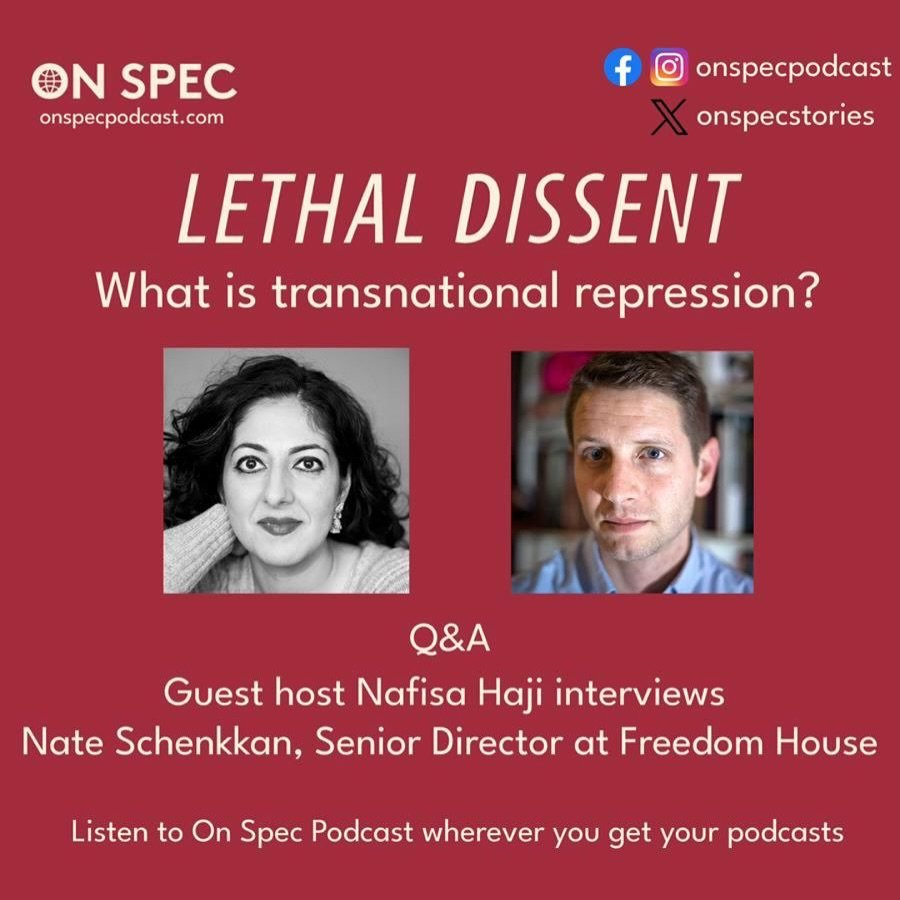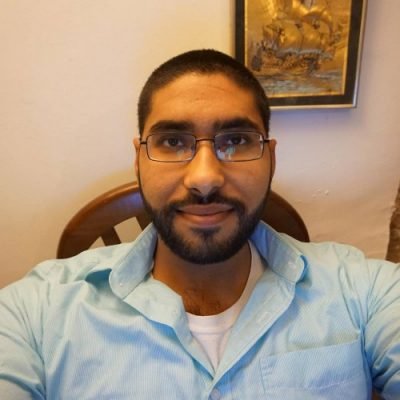
SEASON FIVE
Lethal Dissent: Iran’s hunt for its citizens abroad
On Spec’s 18-month investigation takes you inside the secret war waged on Iranian dissidents in exile. We follow poets, soldiers, politicians and ordinary folk who have escaped the Islamic Regime but still live in fear of being hunted down and forced back to Iran to be imprisoned or executed.
Lethal Dissent is produced in partnership with The World, with funding from the Pulitzer Center and Radio Zamaneh.
ATTENTION: If you are seeing a “Preview” badge in the podcast player, you can click on “On Spec Podcast” next to it to listen to the full episodes on Spotify.
SEASON FIVE’S GUEST HOST
Nafisa Haji
“Headline news—especially lately—feels like a constant bombardment of horror and shock, lacking context and nuance. Slow journalism fills this gap, giving us human stories we can relate to and which can inform us to the point of taking action for change.”
Nafisa Haji is an American author, born and raised in Los Angeles. She studied history at the University of California at Berkeley, taught elementary school in downtown Los Angeles, and earned a doctorate in education from the University of California at Los Angeles. She is the author of two novels, The Writing On My Forehead and The Sweetness of Tears, is currently working on a third, and lives in Bodrum, on the Aegean Coast of Turkey.


































